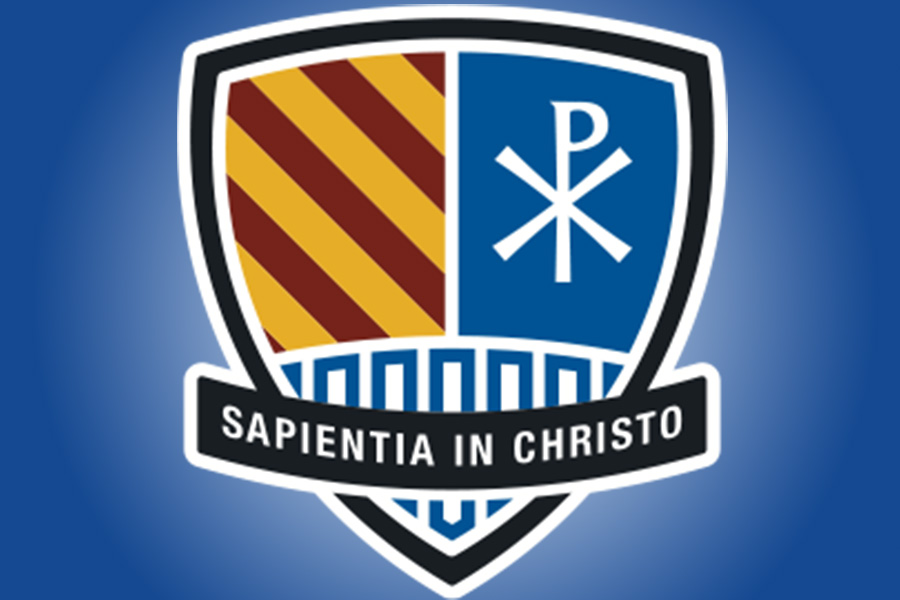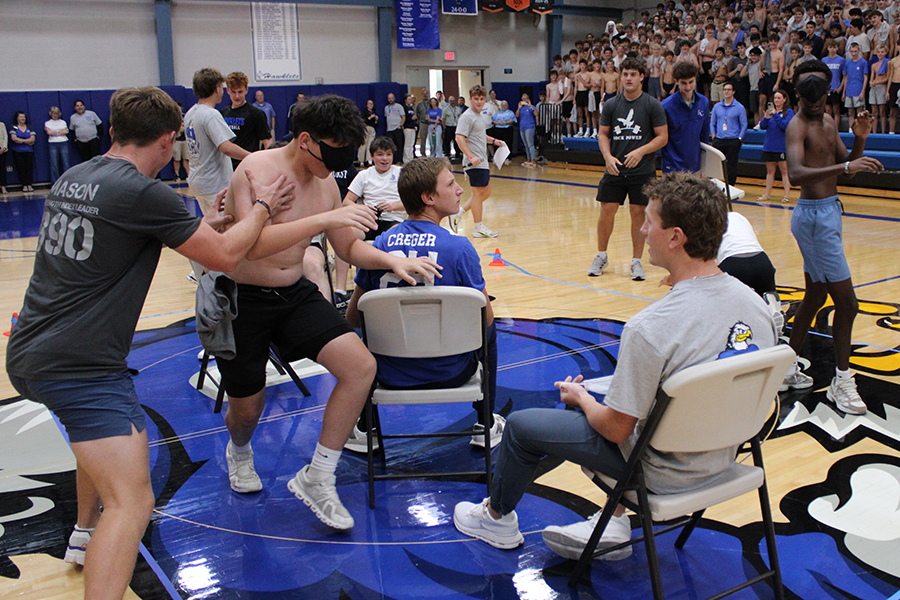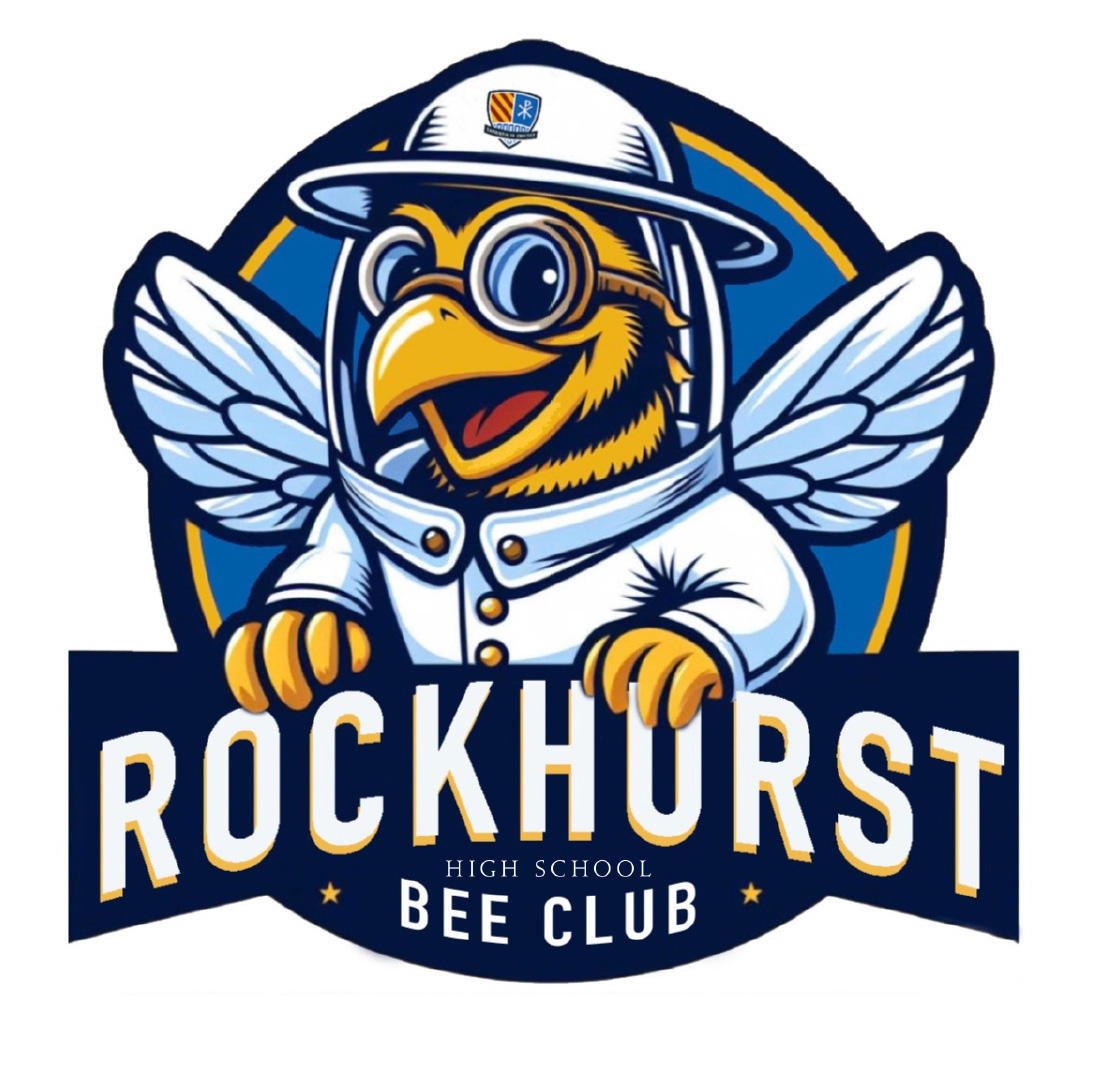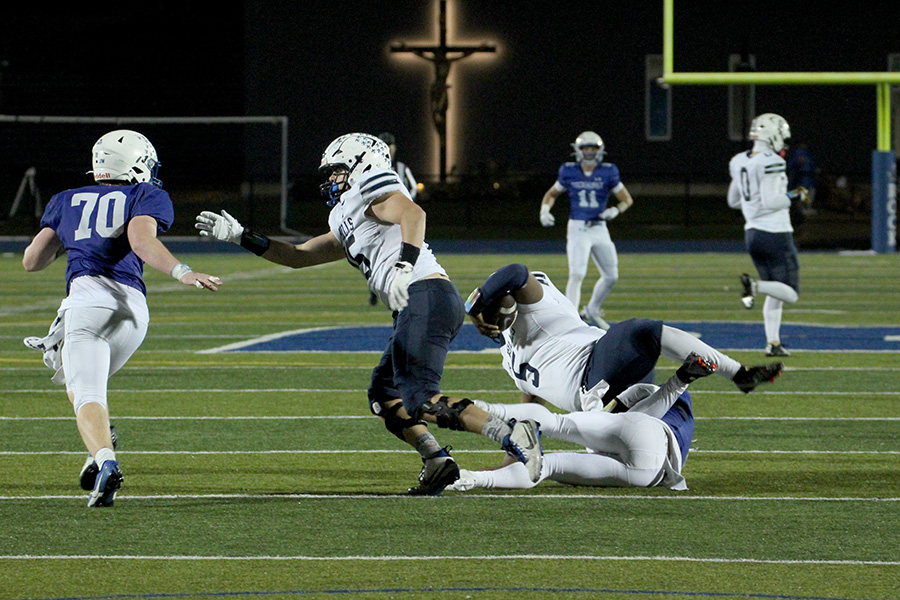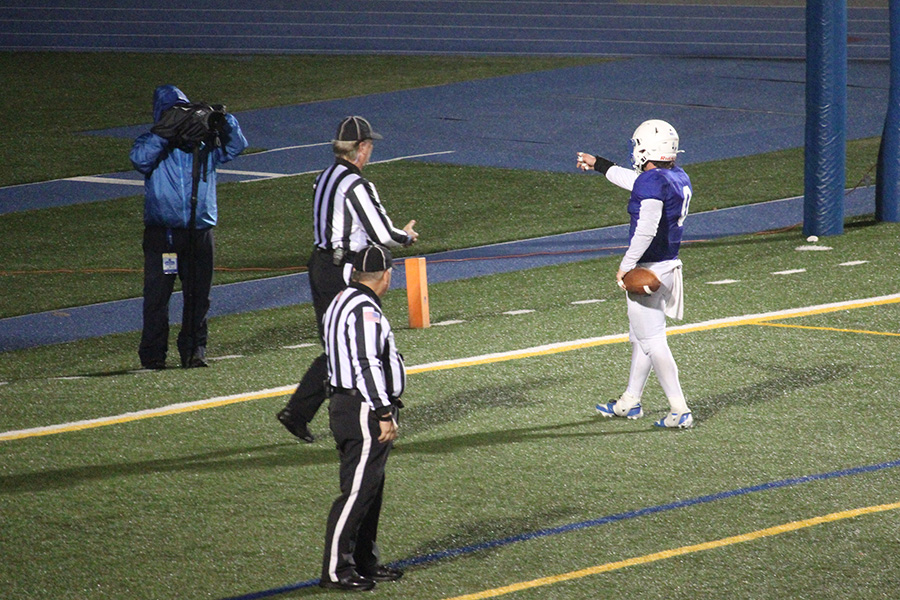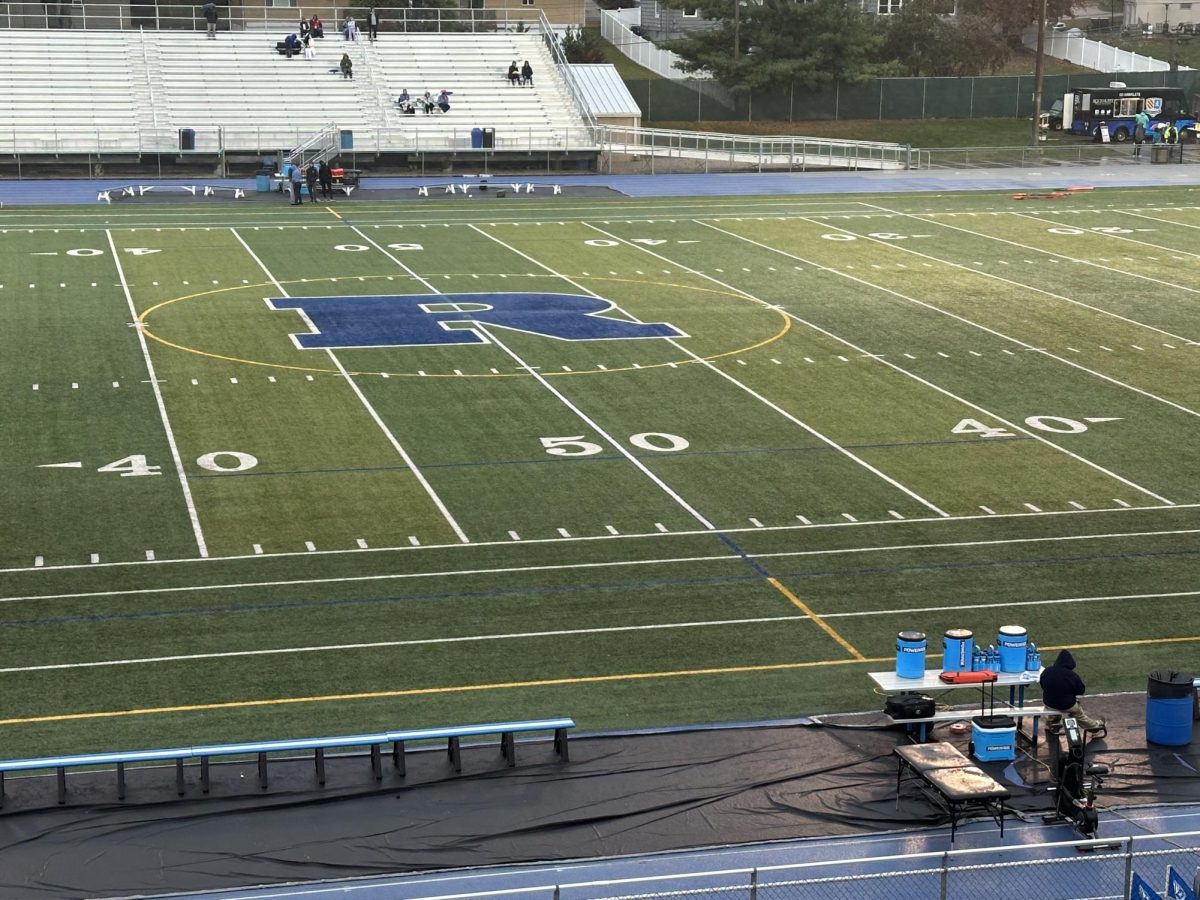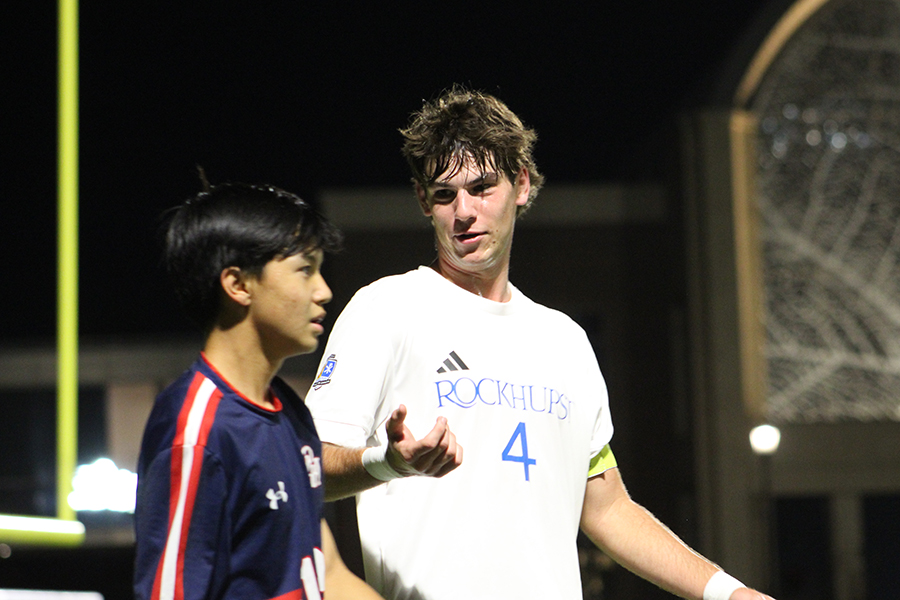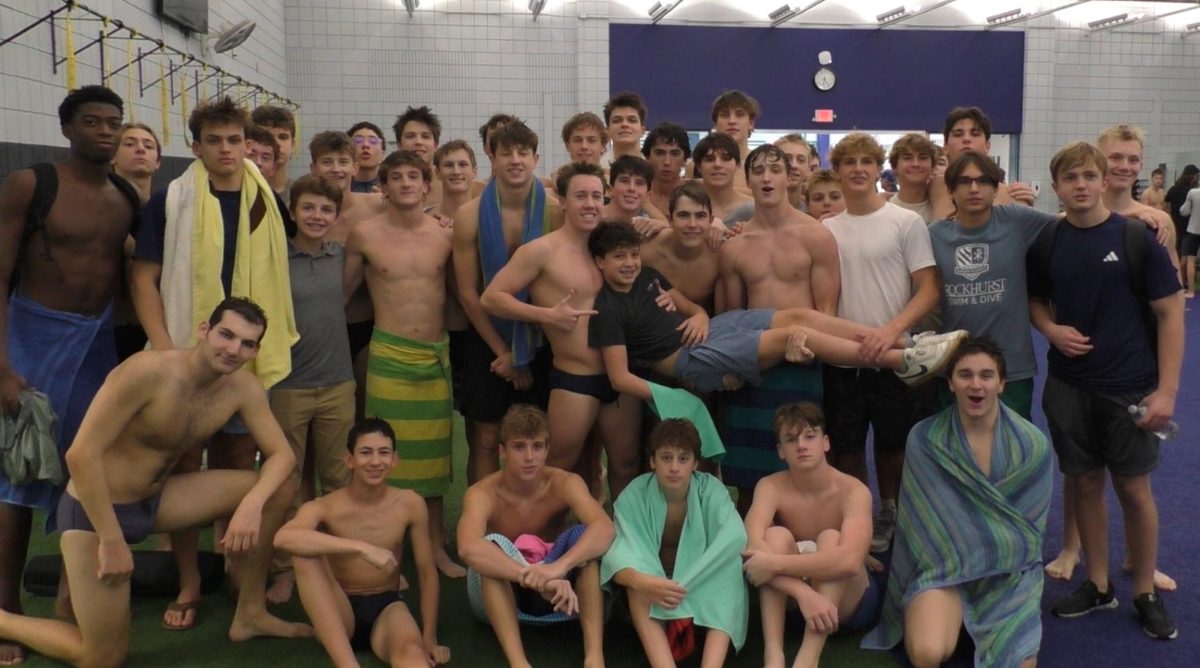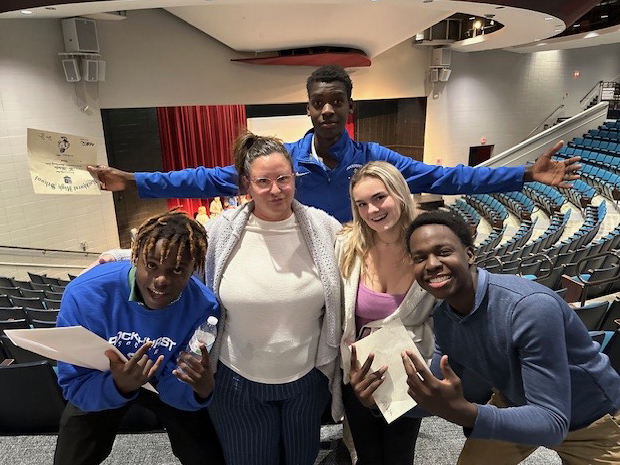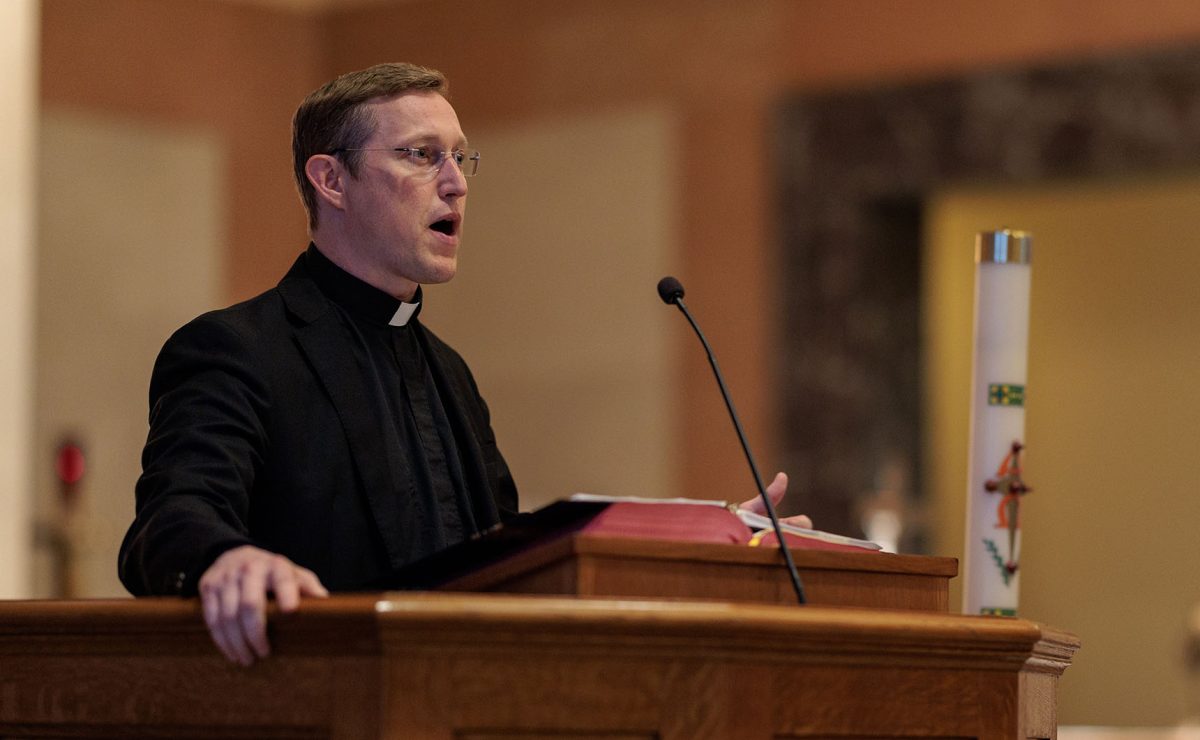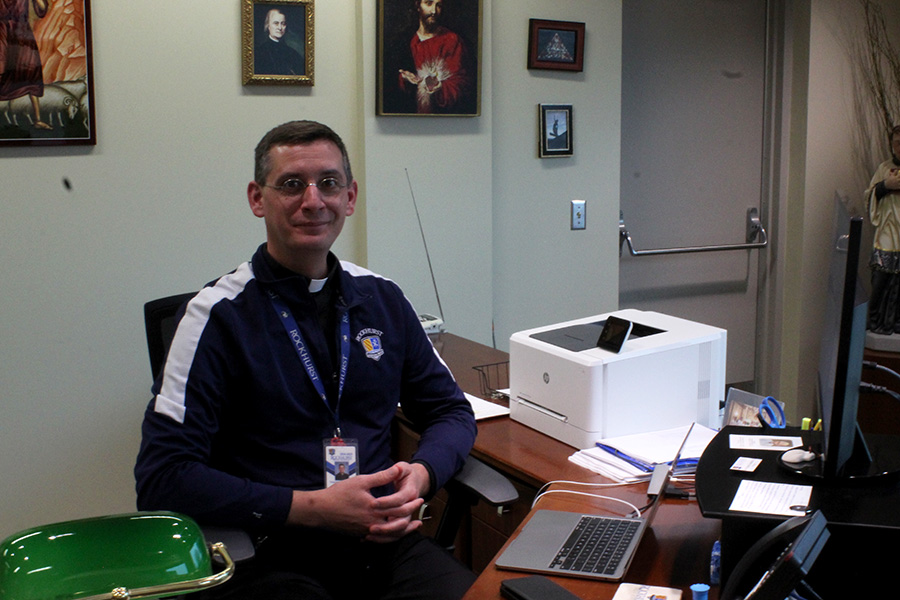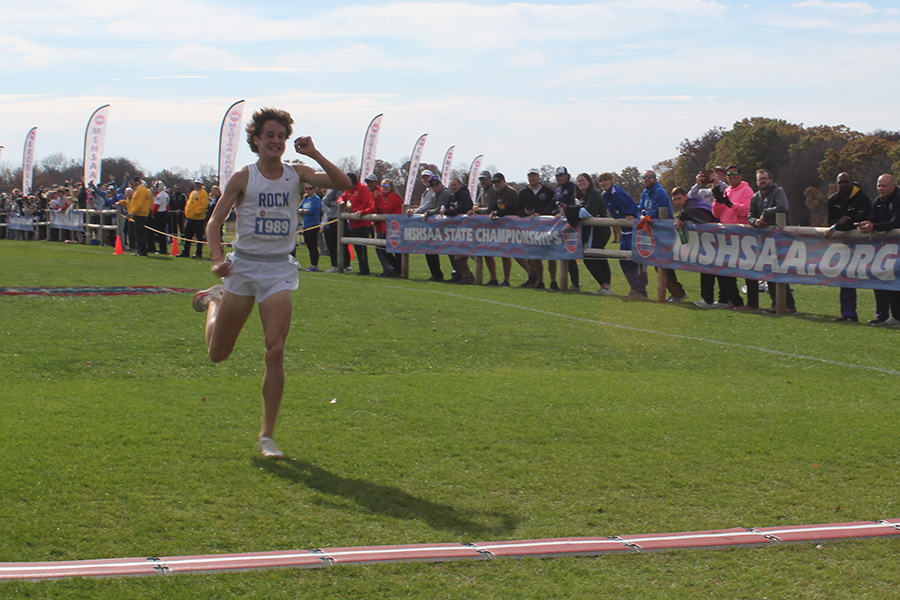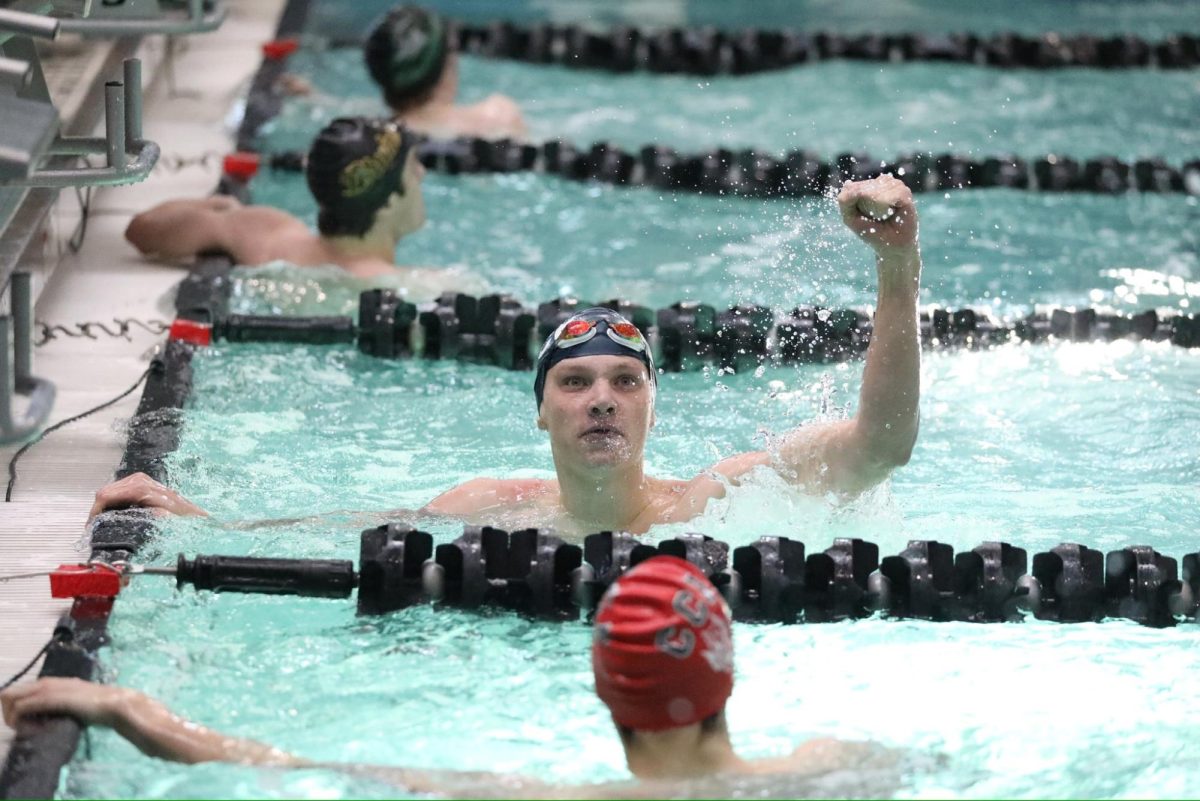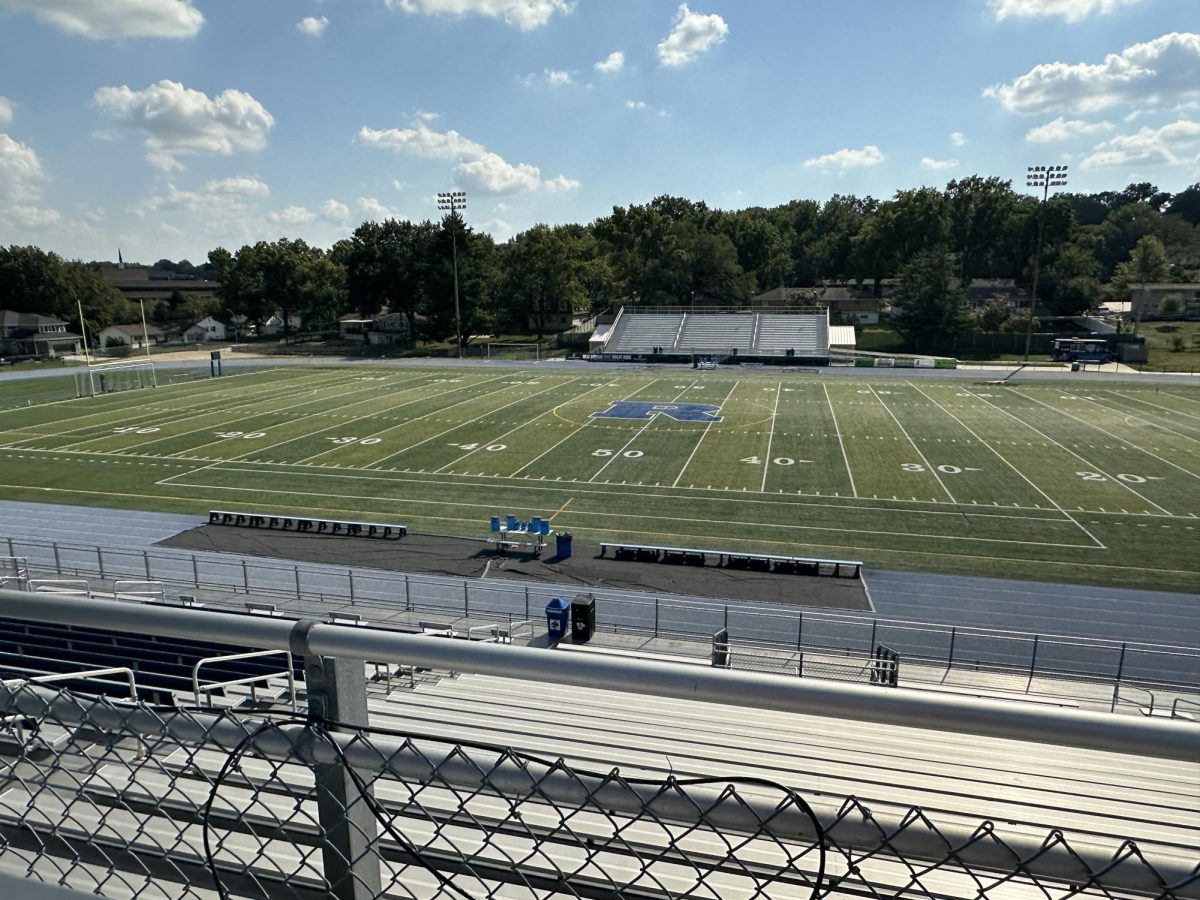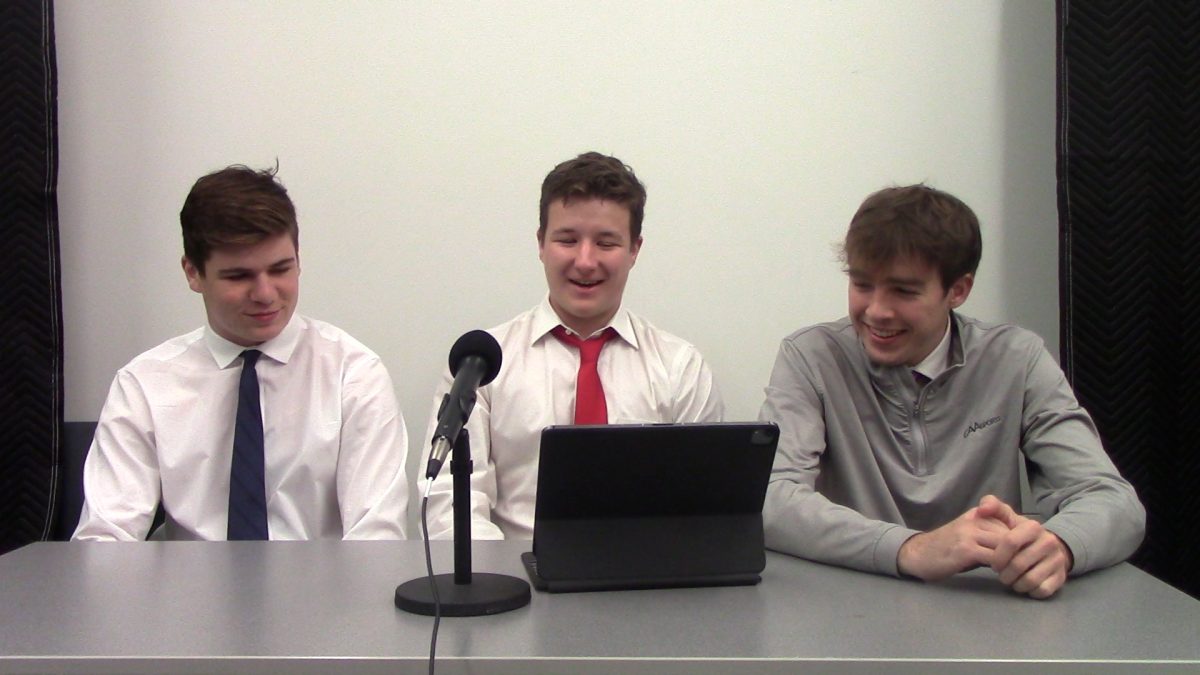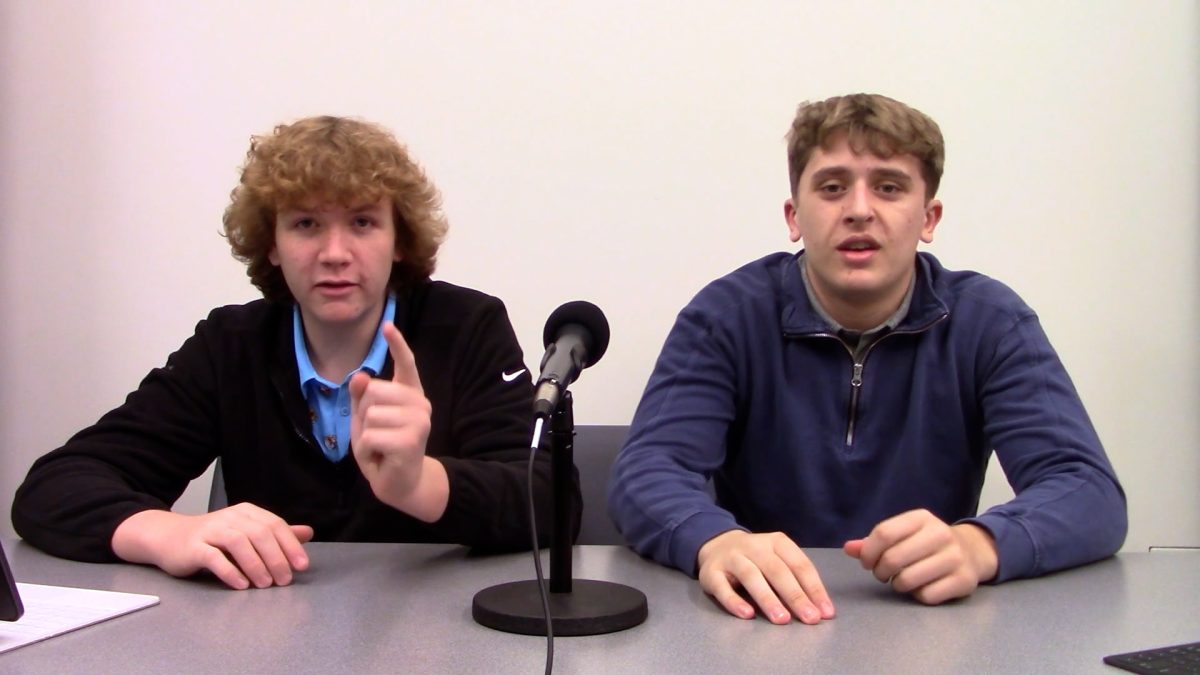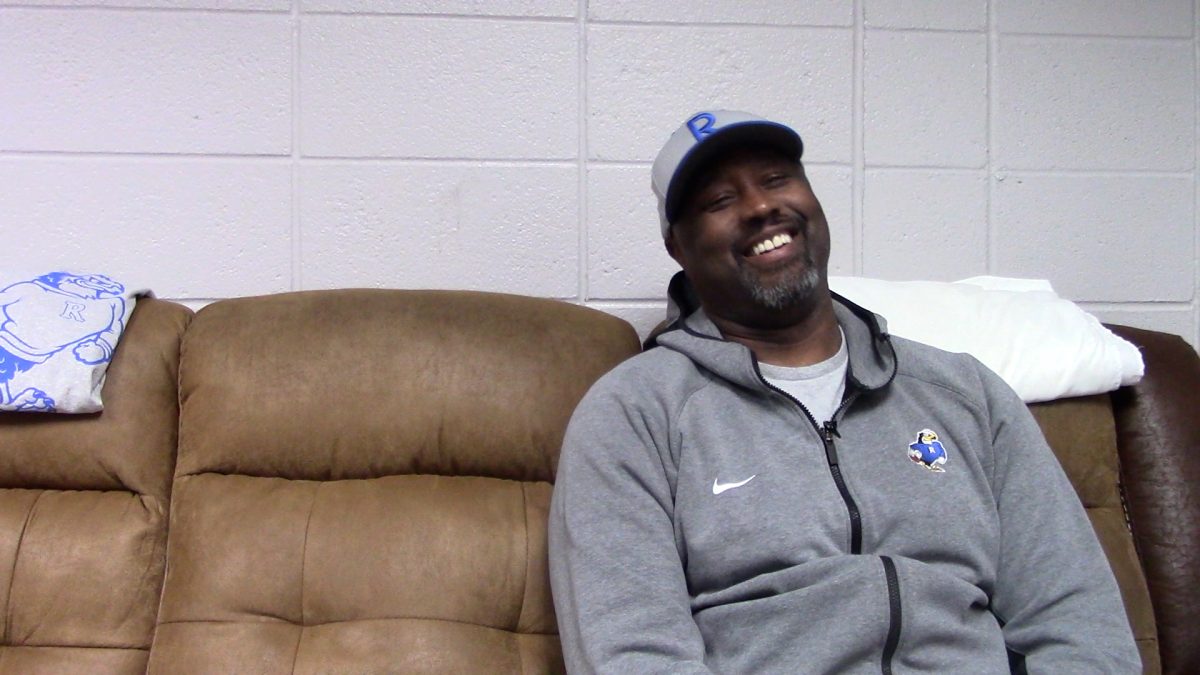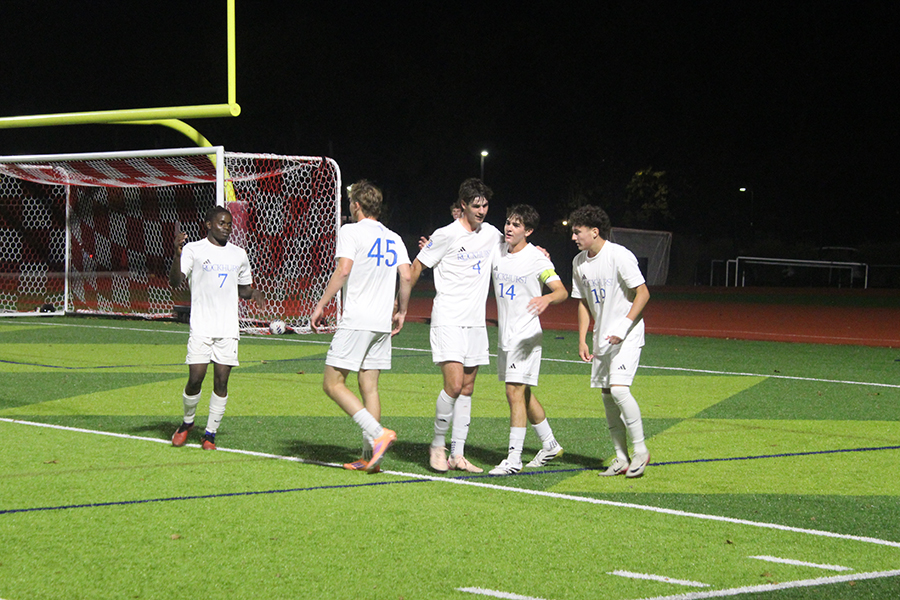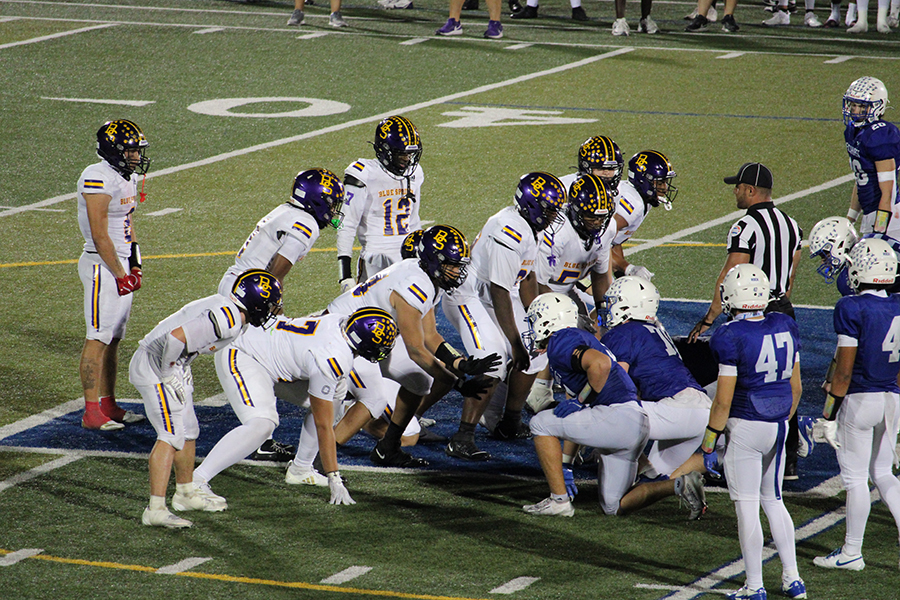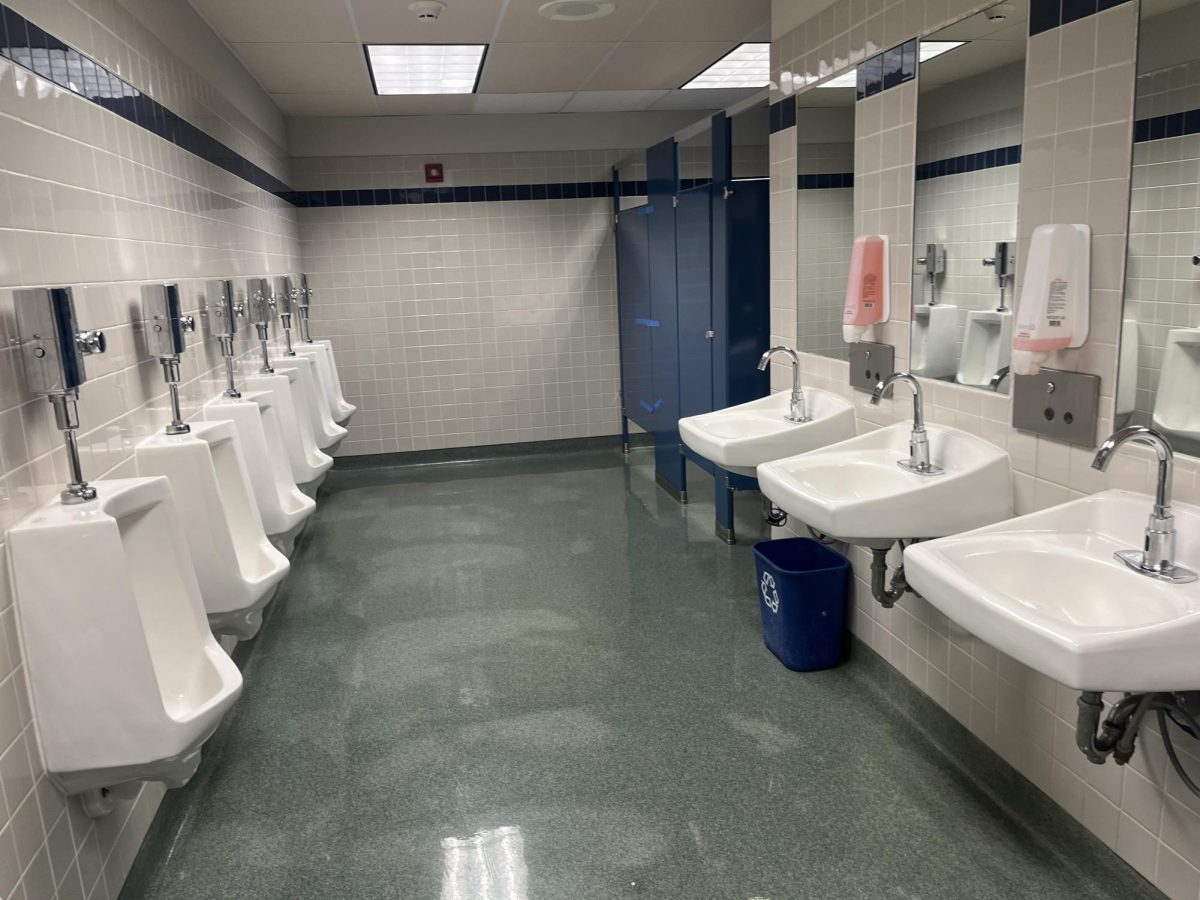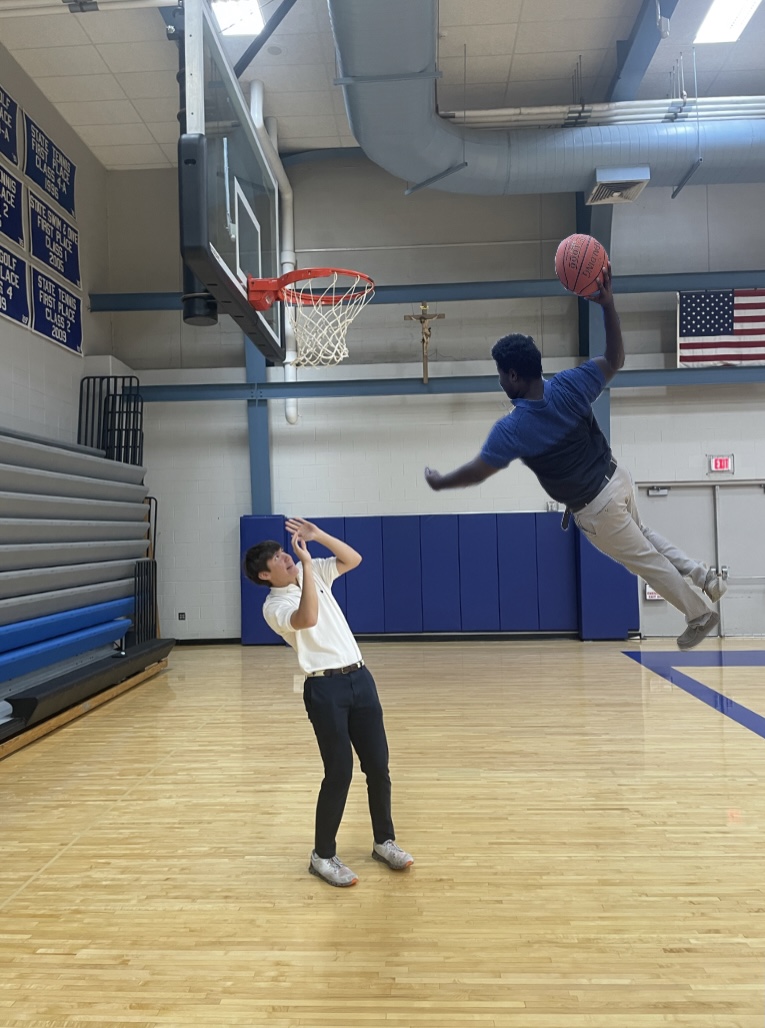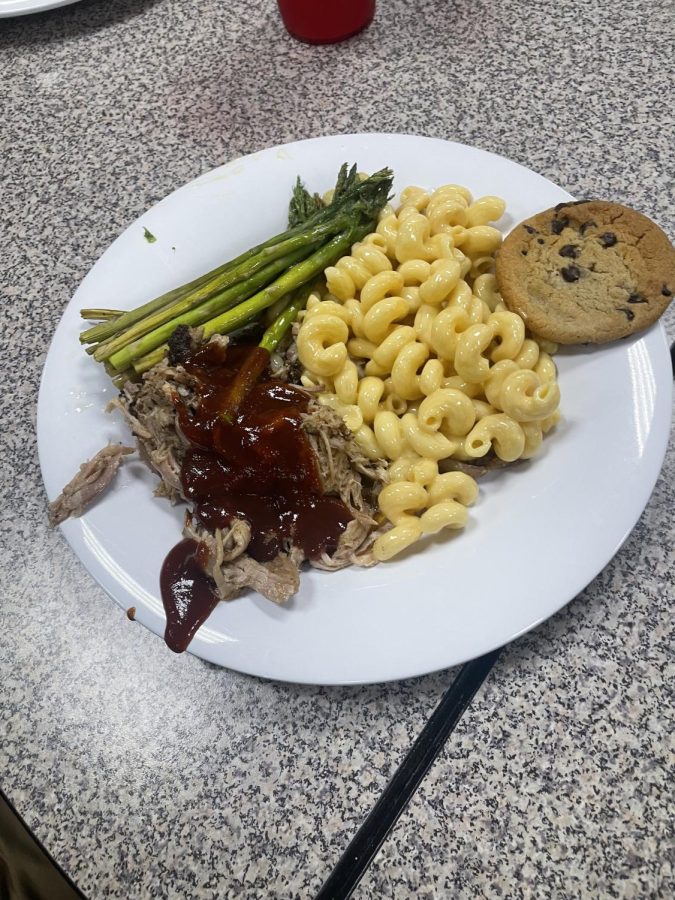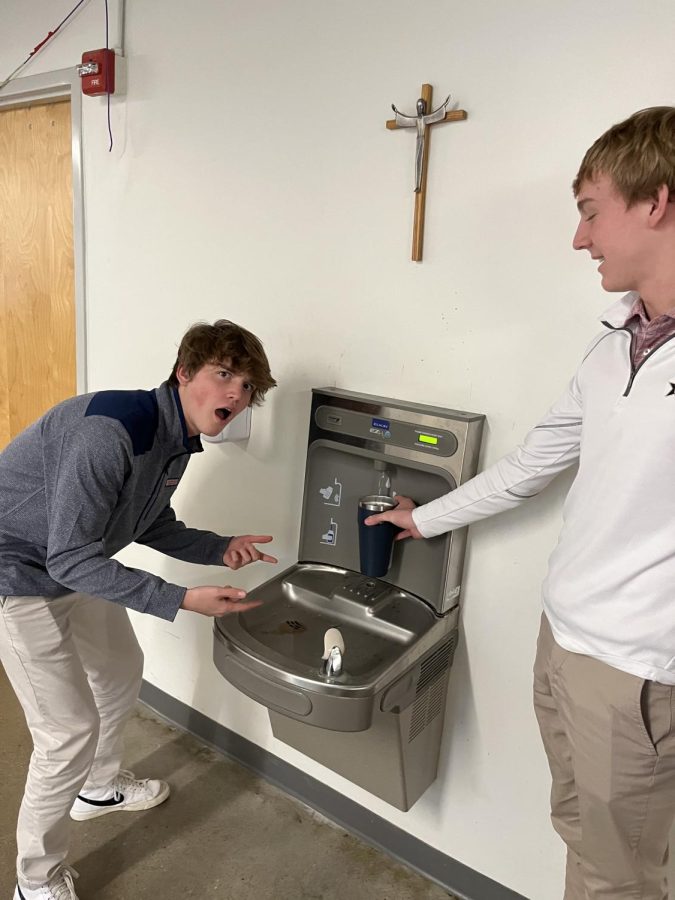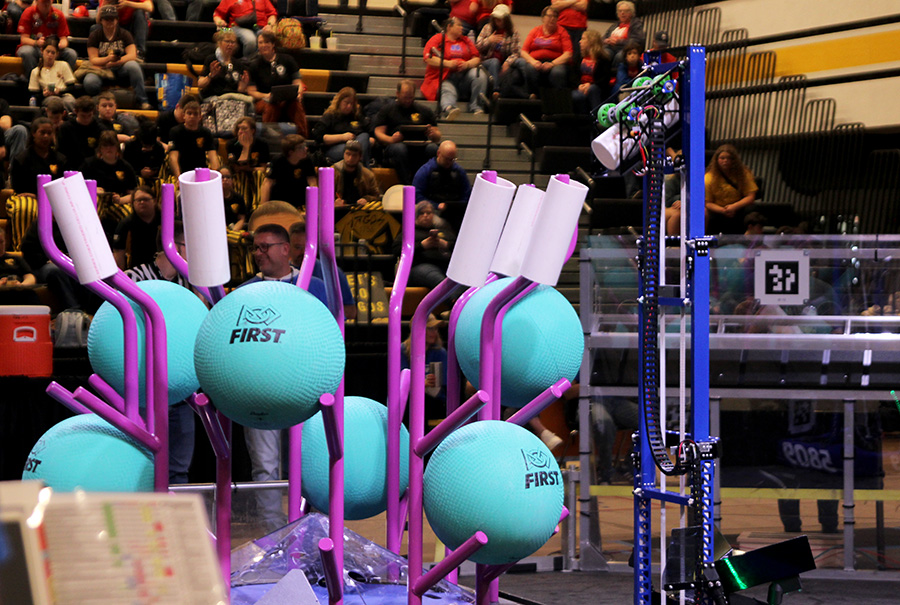The focus of one of the newest clubs on campus will soon generate literal buzz. The Rockhurst Bee Club started meeting in January. On Friday, the apiary that will house a pair of hives will be installed, giving students first-hand experience tending to honey-producers.
The two hives will each consist of 40,000-100,000 Golden Cordovan Italian bees, which are the most docile variety of bee. The apiary will be installed next to the telephone pole in the northeast corner of the student parking lot, near Al Davis Field.
The Bee Club was started by English teacher Chris Hopper and entrepreneurship teacher and STEAM Director Tyler Baker. The goal was to get student help with managing the hives.
“Our current efforts with the Rockhurst strategic plan is to create sustainable, purposeful experiences for all our students. This is one effort in many to come,” Baker said.
So far, there are only two members of the club: junior Campbell Luzar and sophomore Sam Robinson.
“Ever since I was young, I’ve loved the outdoors and had my own garden for a few years,” Robinson said. “I saw this as an opportunity to learn something new about our pollinators and work in a garden.”
The students’ role in the club is to suit up in bee suits once a month and inspect the hive to make sure the queen is safe and healthy. In addition, students will come up during the summer and collect the honey, with help from the non-profit MO Hives KC as well as St. Teresa’s Academy. All of the honey harvested will be donated to Rockhurst’s annual SPECTACULAR Auction, friends of Rockhurst or anyone else who wants some.
Keeping bees will also help pollinate and promote the growth of wildlife around Rockhurst.
The students are looking forward to promoting the club and getting other classmates involved.
“I want to be able to teach my fellow classmates and other students about bees and the club my senior year,” Luzar, the junior, said.
In addition to producing something for the Rockhurst community and the campus, the club will also provide students with an expertise they can use going forward.
“This is a great skill for graduates to take with them into the future. Perhaps it may be a hobby or even profession,” Hopper said. “It’s simply value added to a Rock graduate.”
